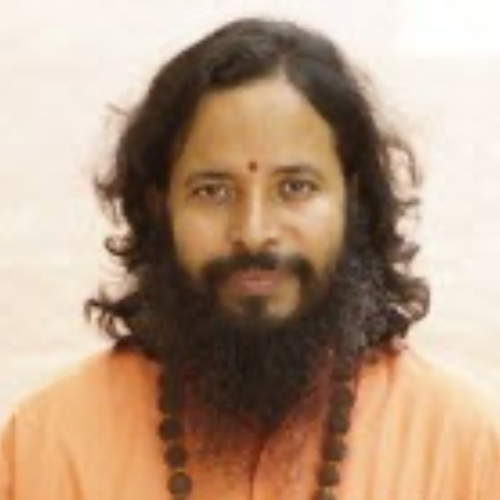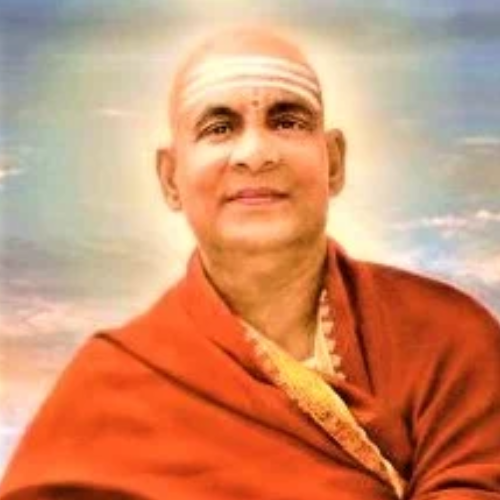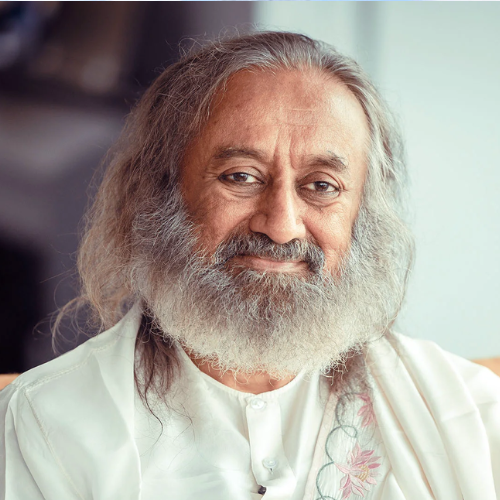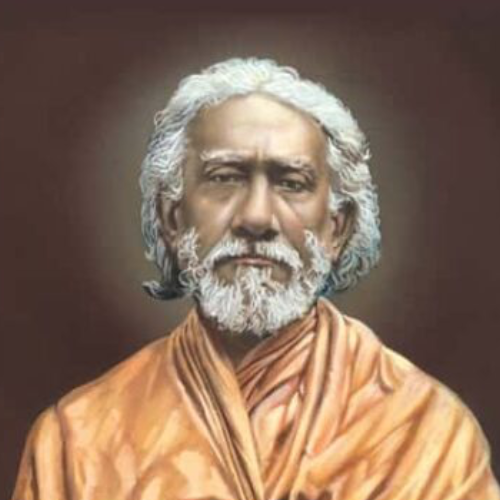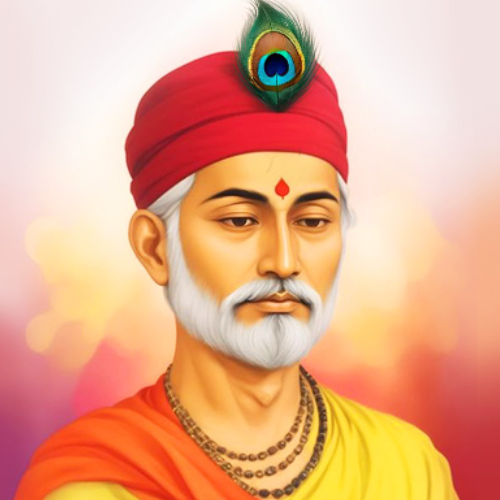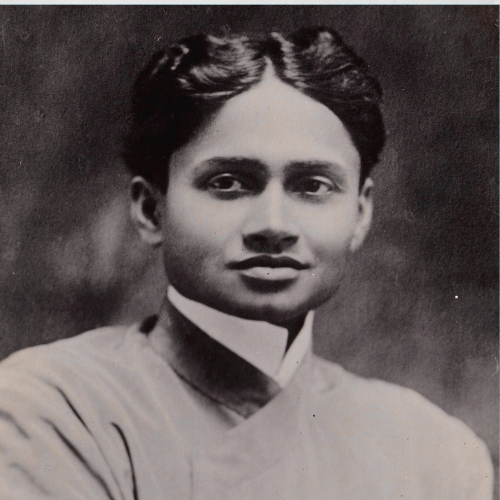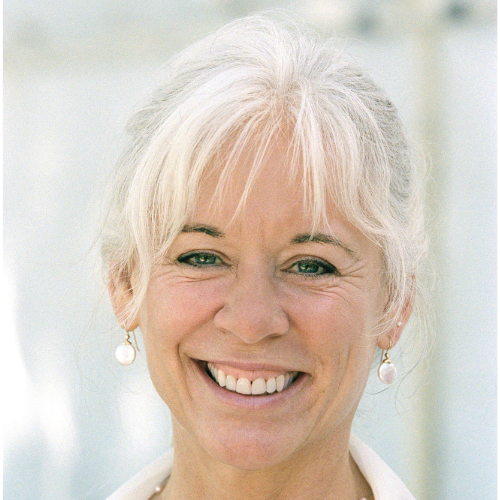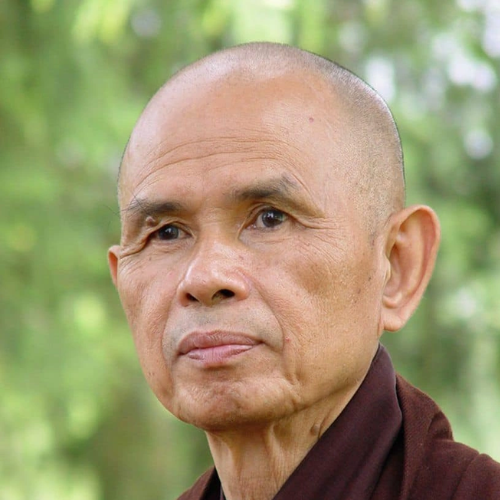Manu Smriti says: One-fourth of one's knowledge comes from the Teacher, one-fourth from study, one-fourth from co-students and one-fourth by experience in the passage of time.
It may be that we try to remember God when we are comfortably placed. But the test as to whether He has really entered our hearts is whether we remember Him in sickness, suffering, opposition and times of temptation.
That higher awakening is called God-consciousness. In that condition, you will see that all the objects of the world are your own universal self.
The temptation from the evil one comes, first, in the form of unsettled thinking which makes one immediately forget the Presence of God. This is at once followed by the implementation of the evil move, whether in the shape of passion or anger. When the deed is done and the matter has ended, the remembrance of God might come in, but it rarely appears in the presence of things which we either love or hate.
When senses trouble you, remember the sages Narayana and Nara. They are the supreme masters over the senses, before whom Indra had to bow his head in shame.
Just as, when we touch a live wire, the electric force infuses itself into our body, when we deeply meditate on God the power of the whole universe seeks entry into our personality.
What man needs is not philosophy or religion in the academic or formalistic sense of the term, but ability to think rightly. The malady of the age is not absence of philosophy or even irreligion but wrong thinking and a vanity which passes for knowledge. Though it is difficult to define right thinking, it cannot be denied that it is the goal of the aspirations of everyone.
Saints and sages are still alive. Great masters are still operating. It is up to you to find where they are.
Yoga is anything which reveals or reflects the wholeness that we truly are, and the world is anything that makes us feel that we are fragmented, dissected, cut into pieces and out of tune with ourselves.
He is called a 'man' who, when anger rises forcibly within, is able to subdue and cast it out as a snake casts away its slough with ease, said Hanuman to himself when he suspected that the fire he set through the whole of Lanka might perhaps have burnt Sita, too.
Poison is not real poison. Sense-objects are the real poison. Poison kills one life, but sense-objects can devastate a series of lives.
The pain generally felt at death is due to the nature of the intensity of the desires with which one continued to live in the physical body. The more is the love for the Universal Being entertained in life, the less would be the pain and agony of departing from the body.
Man proposes; God disposes, says an old adage. It does not mean that God is perpetually opposing whatever man does. What really happens is that when man exerts through his egoism in a manner which violates the eternal law of God, he naturally feels frustrated, being beaten back by the law of Truth.
Do not make the mistake of thinking that the soul is inside you, because if the soul is inside you, you will be outside it.
Who is a fool? He who thinks that the world has any regard for him and is really in need of him.
The teaching of the Yoga-Vasishtha emphasises that when there is perception of an object by the seer or observer, there has to be pre-supposed the existence of a consciousness between the subject and the object. If this conscious connecting link were not to be, there would be no perception of existence. There cannot be a consciousness of relation between two things unless there is a consciousness relating the two terms and yet standing above them. The study of the perceptional situation discloses the fact that the subject and the object are phases of a universal consciousness.
It is difficult to live in society with mental peace, because it is difficult to be charitable in nature. Charity of things is of less consequence than possession of charitable feelings, and resorting to charitable speech, charitable demeanour, and charitable actions through a general charitable temperament. This is, in short, what is called self-sacrifice, for it involves parting with some part of the delights of the ego.
He who knows, knows not; he who knows not, knows. This is a statement in the Upanishad, meaning that one who has realised the Truth has no personality-consciousness, and one who has it knows not the Truth.
Physically you are identical with and inseparable from the cosmic material substance, and socially you are inseparable from the large mass of humanity.
The more we try to depend on God, the more He seems to test us with the pleasures of sense and the delights of the ego. Finally, the last kick He gives is, indeed, unbearable. Those who bear it are themselves gods.
Every object in the world promises satisfaction, but it never gives satisfaction - it only promises.
The more one becomes fit for the practice of Advaita Vedanta, the less is the consciousness of the body and world around. Advaita and body-consciousness do not go together.
Dirt is matter out of place. Weed is a plant out of place. Nuisance is action out of place. Even those things, acts or words which are normally good and useful become bad, useless and even harmful when they are out of place, time and circumstance. Knowledge of this fact is an essential part of wisdom.

